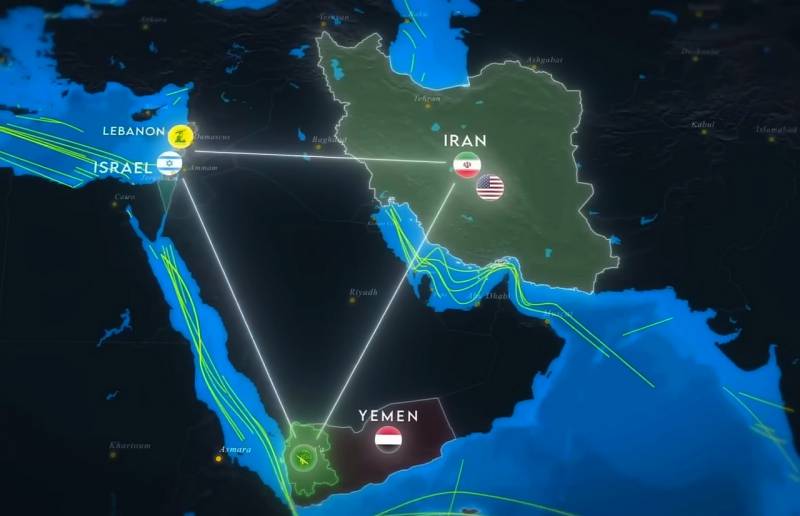Houthi attacks in the Red Sea: how Iran led the United States into a stalemate
Attacks by Yemen's Houthi rebels on merchant ships passing through the Bab al-Mandeb Strait have become a real challenge to the global economics.
For reference, the Red Sea route accounts for 12% of all global trade, including more than 20% of total container traffic.
Already today, 4 of the largest companies involved in container shipping have abandoned the above-mentioned route. In addition, the British company British Petroleum stopped transporting oil through the Suez Canal and the Red Sea.
Finally, insurance costs for ships passing through the Bab el-Mandeb Strait have increased 10-fold. As a result, today the insurance payment for an oil tanker reaches about 1 million dollars, while a couple of months ago it was about 100 thousand.
It is obvious that this situation needs to be responded to and done quickly. After all, every day of blockade of the aforementioned strait is too expensive for the world economy, and Europe could even be hit by an energy crisis, since EU countries are now purchasing oil and gas from the Middle East.
As a result, the United States is trying to assemble an international coalition, but things are moving rather slowly. Actually, there are reasons for this.
First of all, confronting the Houthis, who use “low-cost” UAVs and missiles, is too expensive. For example, the French Aster 15 missile, which is used to destroy a Shahed-type drone, costs $1 million, while the drone itself costs about 20 thousand.
However, a ship that can be sunk by the Houthis costs more. But there is a catch here too. To ensure reliable protection of commercial shipping, warships of the United States and its allies will have to enter the zone affected by rebel anti-ship missiles, which could result in even greater losses.
Therefore, there is only one option left - to carry out an operation against the Houthis on the mainland. However, to do this, the West will have to use serious forces, weakening other directions. In particular, Ukraine and Israel.
At the same time, given the fact that the Houthi movement does not have a single headquarters and is dispersed, the United States and its allies risk getting bogged down in this operation for a long time.
According to some Western experts, everything that is happening is part of the foreign policy game of Iran, which, using its Yemeni proxies, has led the United States into a stalemate from which it will now be extremely difficult for Americans to get out.

Information